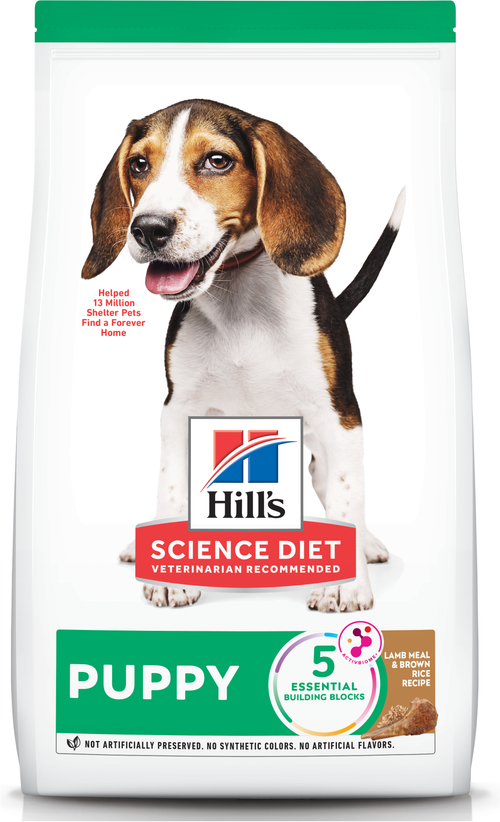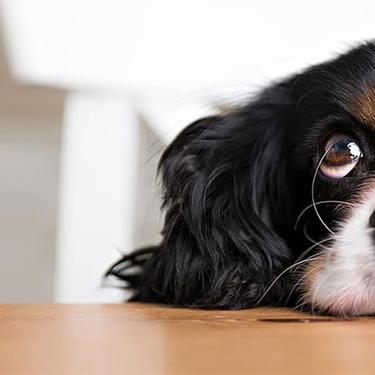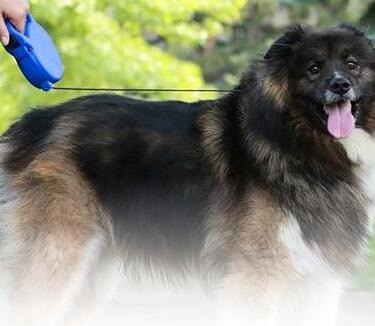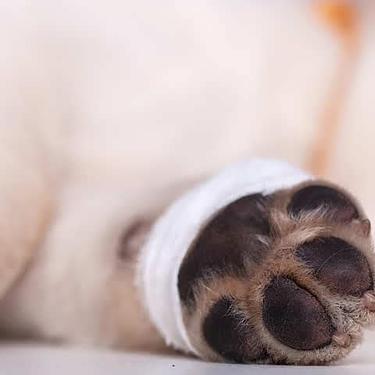
-
Find the right food for your petTake this quiz to see which food may be the best for your furry friend.Find the right food for your petTake this quiz to see which food may be the best for your furry friend.Featured products
 Puppy Lamb Meal & Brown Rice Recipe
Puppy Lamb Meal & Brown Rice RecipeVital nutrients to support 5 essential building blocks for lifelong health
Shop Now Puppy Large Breed Chicken & Brown Rice Recipe
Puppy Large Breed Chicken & Brown Rice RecipeVital nutrients to support 5 essential building blocks for lifelong health
Shop Now Hill's Science Diet Adult 7+ Senior Vitality Small & Mini Chicken & Rice Recipe Dog Food
Hill's Science Diet Adult 7+ Senior Vitality Small & Mini Chicken & Rice Recipe Dog FoodImproves everyday ability to get up & go
Shop NowFeatured products Adult Sensitive Stomach & Skin Cat Food
Adult Sensitive Stomach & Skin Cat FoodHighly digestible food that is gentle on the stomach. Nourishes skin & promotes lustrous fur.
Shop Now Adult 7+ Chicken Recipe Cat Food
Adult 7+ Chicken Recipe Cat FoodSupports energy level and beautiful fur in mature cats
Shop Now Adult Indoor Chicken Recipe Cat Food
Adult Indoor Chicken Recipe Cat FoodSupports energy level and beautiful fur in indoor cats
Shop Now -
Dog
- Dog Tips & Articles
-
Health Category
- Weight
- Food & Environmental Sensitivities
- Urinary
- Digestive
- Joint
- Kidney
-
Life Stage
- Puppy Nutrition
- Adult Nutrition
Cat- Cat Tips & Articles
-
Health Category
- Weight
- Skin & Food Sensitivities
- Urinary
- Digestive
- Kidney
-
Life Stage
- Adult Nutrition
Featured articles Water
WaterDiscover why water is the most important nutrient for your dog or cat to live a healthy life. Find out how much water your pet should consume each day.
Read More Pet Food Storage Tips
Pet Food Storage TipsDiscover how and where to store your dry, as well as canned, dog and cat food. Learn how to find the "best before" dates on all Hill's pet food packaging.
Read More The Incredible Science Behind Your Pet's Microbiome
The Incredible Science Behind Your Pet's MicrobiomeLearn what a pet's microbiome is, how it contributes to your pet's gut & overall health, and why nutrition is important in maintaining healthy microbiomes.
Read More -


House Training
The principles underlying housetraining are very simple. You want to teach your puppy to eliminate on a specific surface or in a specific location, while at the same time preventing him from developing a habit of eliminating on any unacceptable surfaces or areas. Following are some tips for successful housetraining. Ask your veterinarian about paper training if it is not practical to take your puppy outdoors to eliminate.
Keep Your Puppy within Eyesight
Prevent your puppy from starting any bad habits in the home by keeping him within eyesight of a family member 100 percent of the time. When this can't be done, your puppy should be confined to a relatively small, safe area. Your puppy should be under supervision or confined until he has gone at least four consecutive weeks without soiling in the home.
Create a Schedule
Teach your puppy where to eliminate by frequently taking him to the desired area and allowing him to sniff around. Your puppy should go out shortly after he eats, plays, wakes up from a nap, before confinement and whenever he sniffs around like he has to eliminate. Feed your puppy two to three times daily on a regular schedule. Avoid feeding your puppy for an hour before confinement and before bedtime.
Reward Good Behavior
As your puppy eliminates, quietly praise him, and when he finishes, give a Science Diet® Puppy Treat or Science Diet® Puppy kibble as a reward. Reward him immediately, not after he returns indoors.


Tasty Tips
Accidents Happen
Puppies are not perfect and messes will occur. When this happens, do not make the mistake of punishing your puppy. This will damage y,our relationship and may actually slow down house training. If you catch your puppy in the act of eliminating in an unacceptable area, make a sharp noise (clap your hands, stomp the floor) without saying anything. You just want to interrupt the behavior, not do anything that will frighten your puppy. Then, immediately take your puppy outdoors to finish. Be sure to clean up any odor from floors and carpeting to help prevent resoiling. Wash bedding regularly and take your puppy out during the night if necessary, as sleeping on soiled bedding could slow down your puppy's housetraining.
About Dr. Wayne Hunthausen, DVM
The Puppy Training section was contributed by Wayne Hunthausen, DVM. Dr. Hunthausen is a veterinarian and pet behavior consultant who has worked with pet owners and veterinarians throughout North America since 1982 to solve companion animal behavior problems. He has also served as the president and executive board member of the American Veterinary Society of Animal Behavior.
Dr. Hunthausen has written for numerous pet publications, co-authored pet behavior books and helped develop an award-winning safety video for children and pets. In his spare time, he is an avid photographer and enjoys skiing, cycling, movies, traveling with his wife, Jan, and hiking with their dogs Ralphie, Beau and Peugeot.


One of our staff authors prepared this article for you
Related products

Vital nutrients to support 5 essential building blocks for lifelong health

Improves everyday ability to get up & go

Improves Everyday Ability to Get Up & Go

Vital nutrients to support 5 essential building blocks for lifelong health
Related articles

Learn how to stop your dog from begging at the dinner table, and understand how it can help contribute to his health.

Discover fun and engaging games and other ways to help your dog exercise, keeping him happy and healthy.

Learn basic steps & precautions for treating a cut on your dog, including what you can put on the cut, and when you should take them to the vet.

Understand the role that Omega-6 and Omega-3 fatty acids play in your dog's overall health, and how you can ensure they are getting enough.

Put your dog on a diet without them knowing
Our low calorie formula helps you control your dog's weight. It's packed with high-quality protein for building lean muscles, and made with purposeful ingredients for a flavorful, nutritious meal. Clinically proven antioxidants, Vitamin C+E, help promote a healthy immune system.
Put your dog on a diet without them knowing
Our low calorie formula helps you control your dog's weight. It's packed with high-quality protein for building lean muscles, and made with purposeful ingredients for a flavorful, nutritious meal. Clinically proven antioxidants, Vitamin C+E, help promote a healthy immune system.

